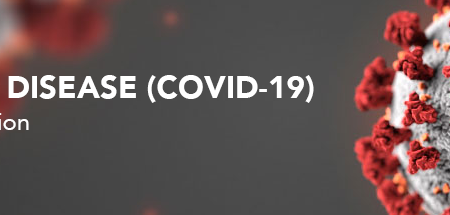Perinatal Depression
Depression is very common, especially in women of reproductive age. Perinatal depression affects as many as one in seven women. It includes major and minor depression episodes that occur during pregnancy and the postpartum period. The American College of Obstetricians and Gynecologists (ACOG) recommends that all pregnant women be screened at least once during the perinatal period. Identification of perinatal depression is important because untreated perinatal depression and other mood disorders can have devastating effects on women, infants, and families. Women with current depression or anxiety, a history of perinatal mood disorders, or risk factors for perinatal mood disorders warrant particularly close monitoring, evaluation, and assessment.
Screening alone is insufficient to improve clinical outcomes and must be coupled with appropriate follow-up and treatment when indicated. Clinical staff caring for pregnant and postpartum women should be prepared to initiate medical therapy, refer patients to appropriate behavioral health resources when indicated, or both. Maternal depression screening is also recommended at well-child visits. The Edinburgh Postnatal Depression Scale (EPDS) and Patient Health Questionnaire-9 (PHQ-9) are feasible and effective measures (Hodgkinson, Beers, Southammakosane, & Lewin, 2014).
If you need assistance with linking women with perinatal depression to services, please make a referral to Women’s Health Case Management by calling 832-828-1430.





Leave a Reply
You must be logged in to post a comment.